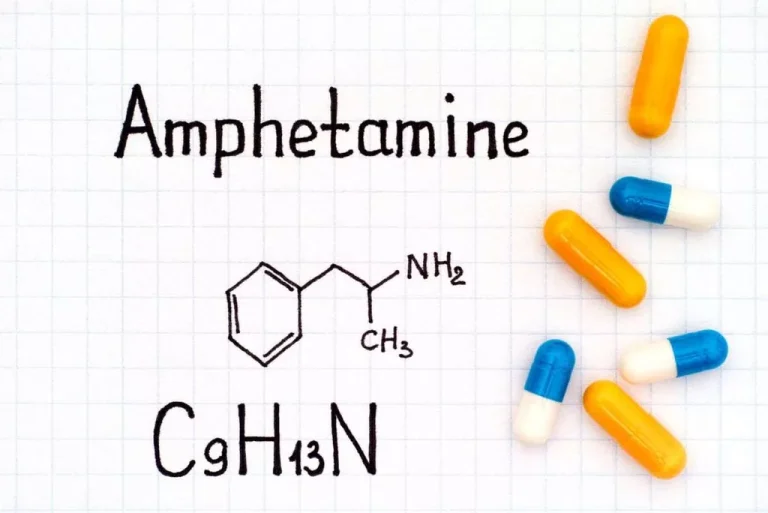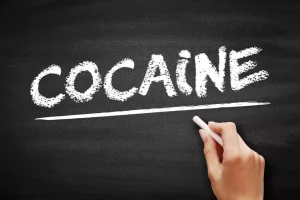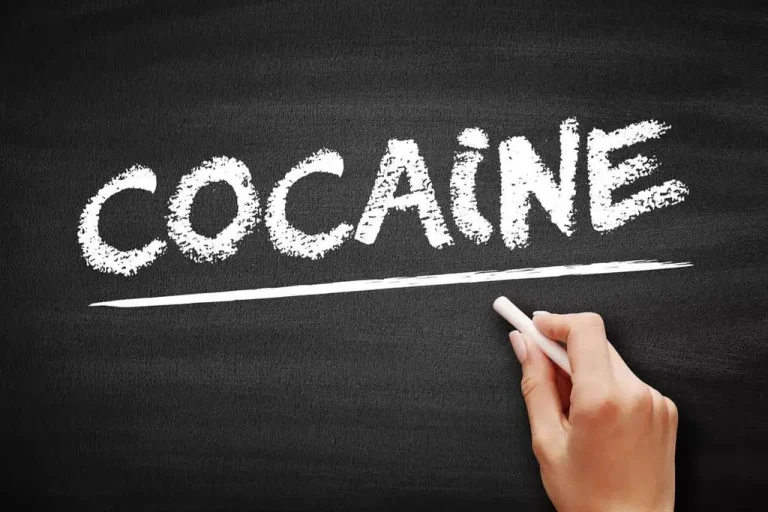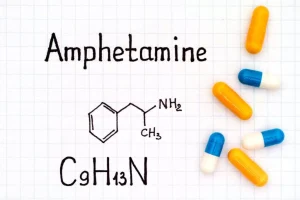
This may increase alcohol consumption and risky decisionmaking and decrease behavioral flexibility, thereby promoting and sustaining high levels of drinking. They also offer evidence that alcohol-induced neuroimmune activation plays a significant role in neural degeneration and that the neuroendocrine system is involved in controlling alcohol’s effects on peripheral immunity. Often, the alcohol-provoked lung damage goes undetected until a second insult, such as a respiratory infection, leads to more severe can alcohol lower your immune system lung diseases than those seen in nondrinkers. Clinicians have long observed an association between excessive alcohol consumption and adverse immune-related health effects such as susceptibility to pneumonia.
Impact of AUD on Lymphocyte Development
- But even low amounts of daily drinking and prolonged and heavy use of alcohol can lead to significant problems for your digestive system.
- Alcohol has been flying off the shelves as people try to combat boredom during lockdown, with some reports estimating that alcoholic beverage sales surged by 55 percent toward the end of March.
- But prolonged alcohol abuse can lead to chronic (long-term) pancreatitis, which can be severe.
- However, very few studies have examined ethanol-induced changes in gene expression and regulation within specific immune-cell subsets.
- When someone is exposed to a virus, the body mounts an immune response to attack and kill the foreign pathogen.
Alcohol should also only be consumed in small quantities and never on a daily basis. Even regular, moderate exercise such as walking, cycling or swimming strengthens the immune system and promotes blood circulation, allowing immune cells to pass through the body more quickly. Exercising too intensively can weaken the immune system and make you more susceptible to infections. It weakens our bodies and makes it harder to combat stress, viruses, and diseases. Dietitians recommend sticking to one drink per day for women or two drinks per day for men.
Stress
Our daily research-backed readings teach you the neuroscience of alcohol, and our in-app Toolkit provides the resources and activities you need to navigate each challenge. Just like all of our other bodily systems, our immune system needs a bit of care and consideration to function at its best. You need to find the balance that lets you enjoy your life without compromising your body’s defenses. On the flip side, our bodies are amazing and are capable of making remarkable recoveries. How long does it take for the immune system to recover from alcohol misuse?

Effects of Moderate Ethanol Consumption on Adaptive Immunity
There’s been an uptick in non-alcoholic drink options, as more and more companies are creating alternatives. A 2020 study found that when weekly drinkers were presented with and aware of increased non-alcoholic options, they were likely to choose them. Alcohol use can damage the hippocampus, the part of your brain responsible for memory and learning. Some studies have found that even light or moderate drinking can lead to some deterioration of the hippocampus. This article discusses the physiological and psychological effects of alcohol and how to change your drinking habits. „Immune system recovery depends on how long you have been drinking, how much and how much damage you have done to your liver. Although your immune system may recover over time, at some point, liver damage becomes irreversible and your immune system will not recover.“
Moderate alcohol consumption and the immune system: a review

Alcohol’s widespread effects on immune function also are underscored in the article by Gauthier, which examines how in utero alcohol exposure interferes with the developing immune system in the fetus. This exposure increases a newborn’s risk of infection and disease; additional evidence suggests that alcohol’s deleterious effects on immune development last into adulthood. These clinical observations were confirmed with cultured cells as well as in rodent studies.
It depends on our overall health, but recovery starts as soon as we quit or cut back. Weekly intimacy seems to help boost your immune system compared to those who have it less often. Sex raises levels of a germ-fighting substance called Immunoglobulin A, or IgA. Couples who had sex more than twice a week had lower levels of IgA than those who had no sex at all. If you use it regularly, you may have the same breathing problems you can get from nicotine cigarettes.

Alcohol-related alterations of immune surveillance also have been implicated in the development of cancer (Poschl and Seitz 2004). Reduced cell-mediated immunity was proposed as a potential explanation for the high incidence of head and neck cancer observed in alcoholic patients (Lundy et al. 1975). However, these studies are difficult to interpret, because several factors affect antitumor immunity in human alcoholics, including malnutrition, vitamin deficiencies, and liver cirrhosis.
Eventually, you can develop permanent and irreversible scarring in your liver, which is called cirrhosis. Steatotic liver disease develops in about 90% of people who drink more than 1.5 to 2 ounces of alcohol per day. While sleep often tends to be a low priority in our busy lives, it has a huge impact on our health and ability to fight viruses and disease. It doesn’t matter if you’re old or young, it’s important to get a good night’s sleep. Stress causes inflammation, which has a negative impact on your immune system.
How much alcohol you have to drink before it weakens your immune system
In vivo studies in humans confirmed these observations, demonstrating that binge drinking (i.e., consuming 5 to 7 drinks within 90 to 120 minutes) promoted T-cell apoptosis and decreased Bcl-2 expression (Kapasi et al. 2003). While moderate alcohol consumption may offer some small cardiovascular benefits, the risks of consumption may outweigh these potential benefits. Additionally, drinking excessively has been shown to increase the risk of accidents and injuries. Longer-term, it may impair liver function, increase the risk of certain cancers and adversely affect cognitive and mental health. In addition to pneumonia, alcohol consumption has been linked to pulmonary diseases, including tuberculosis, respiratory syncytial virus, and ARDS.

When you overindulge in alcohol, your liver, which is responsible for breaking down toxins like alcohol, can become overworked, explains Andrews. This may lead to fat buildup, inflammation and, eventually, scarring of liver tissue. “Over time, this repeated damage can result in cirrhosis, where the liver becomes so scarred that it loses functionality,” she explains.
